Found 49 Results
Page 2 of 7
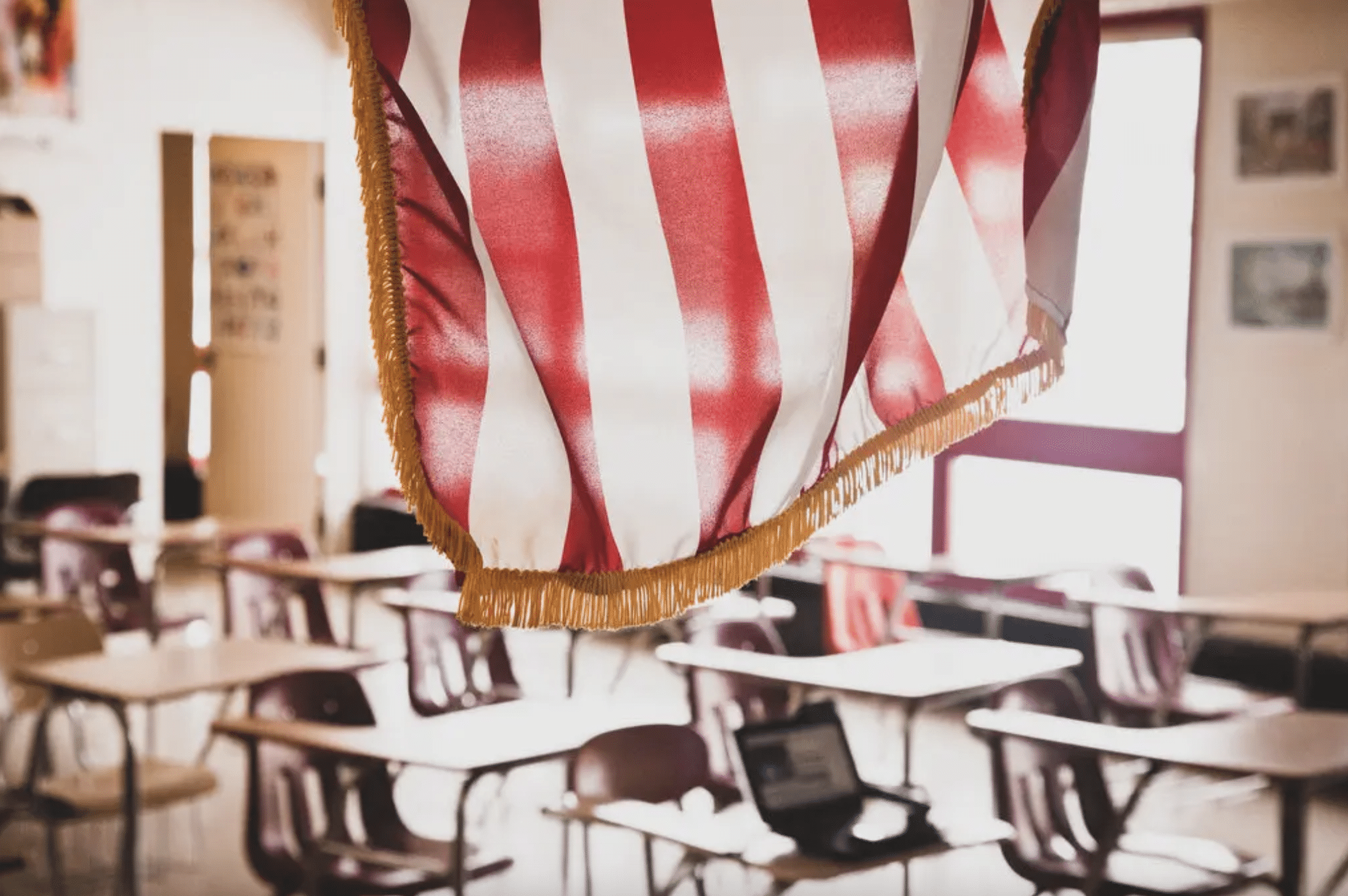
History and Civics Scores Drop in The Nation’s Report Card
Post | June 2, 2023
At Close Up, building civic proficiency and comprehension is at the heart of everything we do. Learn more about how we support students, teachers, and civic literacy through our programs, professional development, curriculum, and classroom resources. On May 3, the Department of Education’s National Center for Education Statistics released its civics and U.S. history data […]

Revisiting Jimmy Carter’s “Crisis of Confidence” Speech
Post | March 8, 2023
On February 18, the Carter Center released a statement saying that former President Jimmy Carter had opted to spend “his remaining time at home” following a number of hospital stays and declining health.1 News of the 98-year-old former president’s condition has brought an outpouring of support and renewed attention to his life and legacy as […]
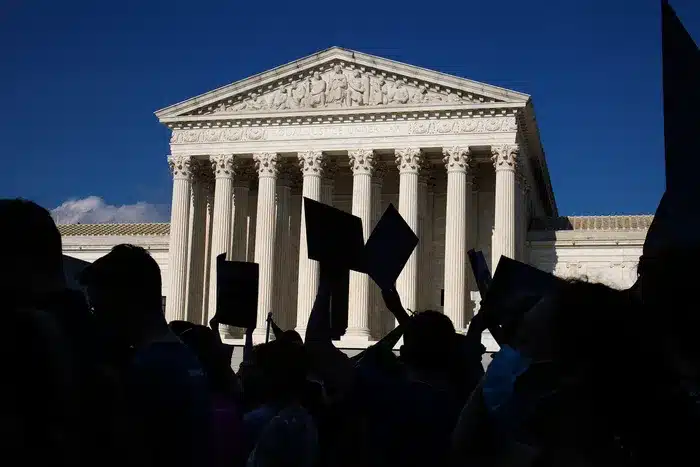
- Civil Rights & Individual Liberties
- Constitutional Issues
- Education
- Equality
- Judicial Branch
- Social Issues
Will the Supreme Court End Affirmative Action?
Post | November 3, 2022
On October 31, 2022, the Supreme Court heard two cases regarding the use of race in college admissions.1 Rulings on these affirmative action cases could force many universities to reshape their admissions processes. The History of Affirmative Action and the Supreme Court The present-day context of the term “affirmative action” grew from executive orders by […]
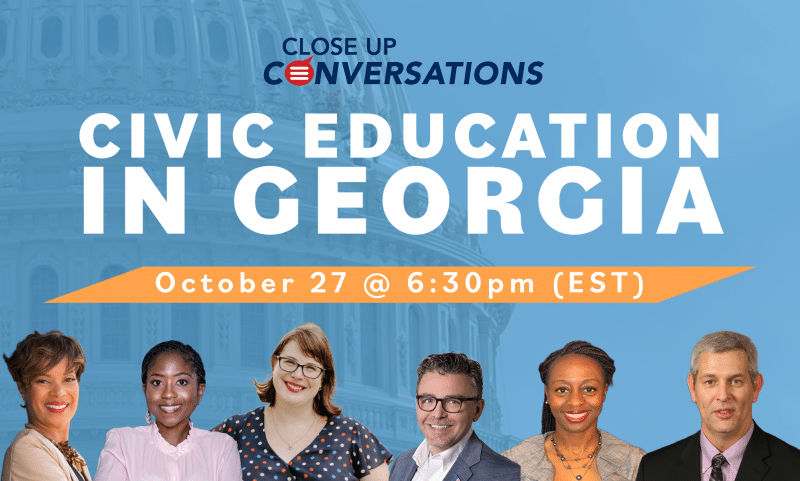
Civic Education In Georgia
Videos | October 28, 2022
During this #CloseUpConversations webinar Close Up and an expert panel talks about the Importance of Civic Education in Georgia.
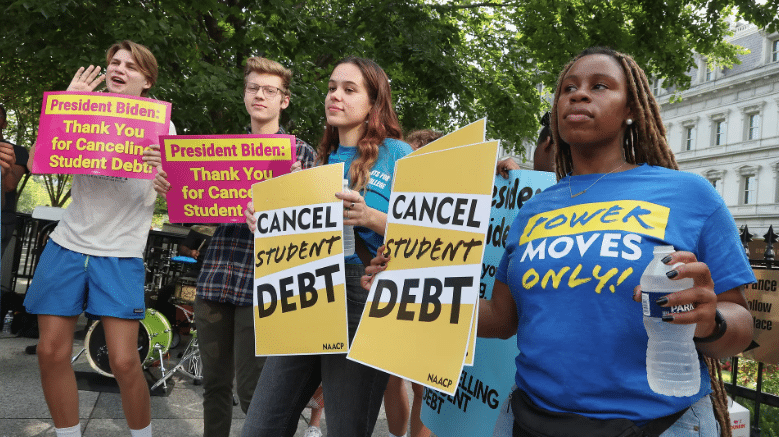
Biden’s Student Loan Forgiveness: Too Much, Not Enough, Just Right, or Beyond the President’s Authority?
Post | October 25, 2022
In August, President Joe Biden’s administration announced a student loan forgiveness plan which would cancel up to $10,000 in debt for most borrowers and up to $20,000 for some borrowers.1 Current federal student loan borrowers who earn less than $125,000 per year (less than $250,000 per household) can have up to $10,000 forgiven and those […]
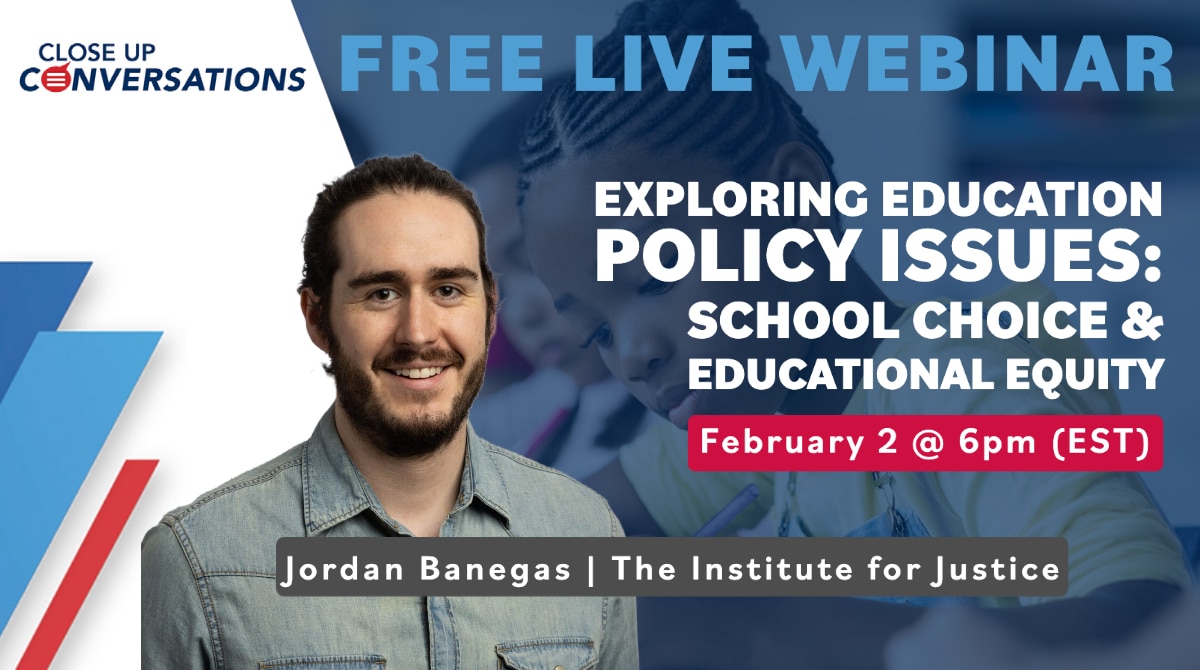
Exploring Education Policy Issues: School Choice and Educational Equity
Videos | February 3, 2022
During this #CloseUpConversations webinar we focus on school choice as well as equity and justice issues in education with guest speaker Jordan Banegas of The Institute for Justice.
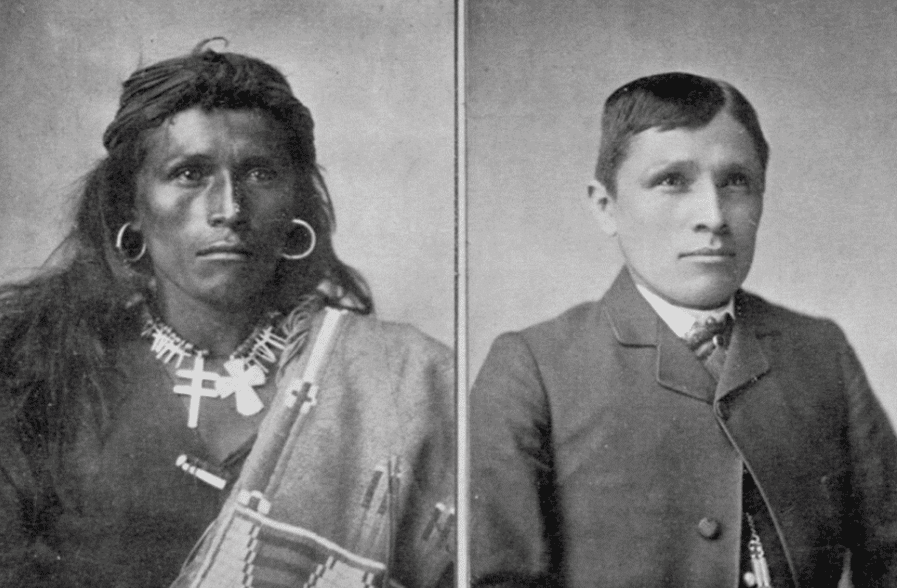
Indian Boarding Schools: The Truth and Healing Commission
Post | November 9, 2021
In September 2021, a bipartisan group of senators and representatives reintroduced the Truth and Healing Commission on Indian Boarding School Policies in the United States Act, which would establish a commission to “investigate, document, and acknowledge past injustices of the federal government’s Indian Boarding School Policies.”1 The Truth and Healing Commission would use its findings […]

Brackeen v. Haaland: Challenging the Indian Child Welfare Act
Post | October 27, 2021
The case of Brackeen v. Haaland is currently facing the U.S. Supreme Court. The case calls into question the constitutionality of the Indian Child Welfare Act (ICWA) of 1978. The two major questions in the case are: (1) Is the ICWA unconstitutional on the basis of racial discrimination because of its favoring of Native families […]
Page 2 of 7
Page 2 of 7

History and Civics Scores Drop in The Nation’s Report Card
Post | June 2, 2023
At Close Up, building civic proficiency and comprehension is at the heart of everything we do. Learn more about how we support students, teachers, and civic literacy through our programs, professional development, curriculum, and classroom resources. On May 3, the Department of Education’s National Center for Education Statistics released its civics and U.S. history data […]

Revisiting Jimmy Carter’s “Crisis of Confidence” Speech
Post | March 8, 2023
On February 18, the Carter Center released a statement saying that former President Jimmy Carter had opted to spend “his remaining time at home” following a number of hospital stays and declining health.1 News of the 98-year-old former president’s condition has brought an outpouring of support and renewed attention to his life and legacy as […]

- Civil Rights & Individual Liberties
- Constitutional Issues
- Education
- Equality
- Judicial Branch
- Social Issues
Will the Supreme Court End Affirmative Action?
Post | November 3, 2022
On October 31, 2022, the Supreme Court heard two cases regarding the use of race in college admissions.1 Rulings on these affirmative action cases could force many universities to reshape their admissions processes. The History of Affirmative Action and the Supreme Court The present-day context of the term “affirmative action” grew from executive orders by […]

Civic Education In Georgia
Videos | October 28, 2022
During this #CloseUpConversations webinar Close Up and an expert panel talks about the Importance of Civic Education in Georgia.

Biden’s Student Loan Forgiveness: Too Much, Not Enough, Just Right, or Beyond the President’s Authority?
Post | October 25, 2022
In August, President Joe Biden’s administration announced a student loan forgiveness plan which would cancel up to $10,000 in debt for most borrowers and up to $20,000 for some borrowers.1 Current federal student loan borrowers who earn less than $125,000 per year (less than $250,000 per household) can have up to $10,000 forgiven and those […]

Exploring Education Policy Issues: School Choice and Educational Equity
Videos | February 3, 2022
During this #CloseUpConversations webinar we focus on school choice as well as equity and justice issues in education with guest speaker Jordan Banegas of The Institute for Justice.

Indian Boarding Schools: The Truth and Healing Commission
Post | November 9, 2021
In September 2021, a bipartisan group of senators and representatives reintroduced the Truth and Healing Commission on Indian Boarding School Policies in the United States Act, which would establish a commission to “investigate, document, and acknowledge past injustices of the federal government’s Indian Boarding School Policies.”1 The Truth and Healing Commission would use its findings […]

Brackeen v. Haaland: Challenging the Indian Child Welfare Act
Post | October 27, 2021
The case of Brackeen v. Haaland is currently facing the U.S. Supreme Court. The case calls into question the constitutionality of the Indian Child Welfare Act (ICWA) of 1978. The two major questions in the case are: (1) Is the ICWA unconstitutional on the basis of racial discrimination because of its favoring of Native families […]
Page 2 of 7







